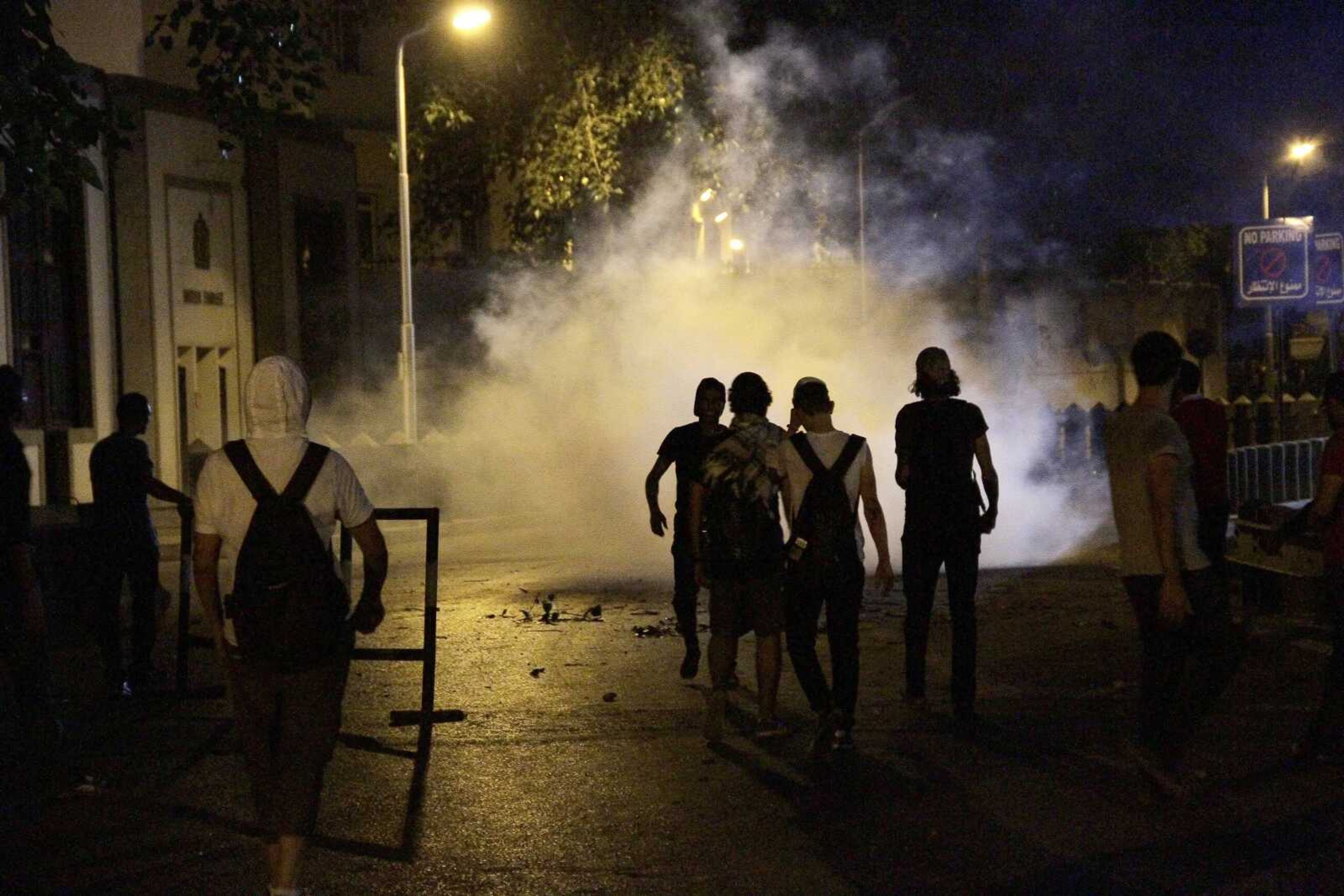U.N. vote on Syria delayed until today
UNITED NATIONS -- The U.N. Security Council delayed a vote on a new Syria resolution until today in a last-minute effort to get key Western nations and Russia to agree on measures to end the escalating violence. International envoy Kofi Annan contacted several governments Tuesday and urged the council to postpone Wednesday's scheduled vote so its deeply divided members could "unite and take concerted and strong action that would help stem the bloodshed in Syria and build momentum for a political transition," his spokesman Ahmad Fawzi said.. ...
UNITED NATIONS -- The U.N. Security Council delayed a vote on a new Syria resolution until today in a last-minute effort to get key Western nations and Russia to agree on measures to end the escalating violence.
International envoy Kofi Annan contacted several governments Tuesday and urged the council to postpone Wednesday's scheduled vote so its deeply divided members could "unite and take concerted and strong action that would help stem the bloodshed in Syria and build momentum for a political transition," his spokesman Ahmad Fawzi said.
Annan said Wednesday's bombing in the heart of Syria's capital that killed three top regime members -- including the powerful brother-in-law of President Bashar Assad and the defense minister -- "only underscores the urgency of decisive council action," Fawzi said.
U.N. Secretary-General Ban Ki-moon, who was visiting China, also urged the Security Council to "take collective action, with a sense of unity."
Ambassadors from the five veto-wielding permanent council nations -- the U.S., Russia, China, Britain and France -- met behind closed doors Wednesday morning to discuss Annan's request. Russia's U.N. ambassador Vitaly Churkin told reporters afterward that the vote had been postponed by a day.
Britain's U.N. Ambassador Mark Lyall Grant said his country's Western-backed text would be put to a vote at 9 a.m. today.
The key stumbling block to an agreement on a Syria plan is the Western demand for a resolution threatening nonmilitary sanctions. It is tied to Chapter 7 of the United Nations Charter, which could eventually allow the use of force to end the conflict.
Russia, a close Syria ally, is adamantly opposed to sanctions and any mention of Chapter 7. Although Western nations appear to have little appetite for force, Russia fears a repeat of the NATO campaign in Libya.
Russia's Foreign Minister Sergey Lavrov pointed to Wednesday's deadly bombing and accused the West of inciting the Syrian opposition, arguing that a proposed U.N. resolution amounted to support for the rebels and would lead to more bloodshed.
Supporting the Syrian opposition "is a dead-end policy, because Assad is not leaving voluntarily," Lavrov was quoted as saying by the RIA Novosti news agency Wednesday.
U.S. ambassador Susan Rice said Wednesday's closed-door meeting by the five veto-wielding permanent council nations yielded no new proposals from Russia. France's U.N. Ambassador Gerard Araud expressed hope the Russians would come up with something new, but said he wasn't optimistic about Thursday's vote.
The mandate of the 300-strong U.N. observer force in Syria expires Friday, and the Security Council must decide by then whether to extend it.
The U.S. and its European allies contend that the unarmed observers were authorized for 90 days to monitor a cease-fire and implementation of Annan's six-point peace plan -- and with violence escalating dramatically, they insist that there must be consequences for noncompliance.
Britain's foreign secretary insisted that the bombing in Damascus underscored the urgent need for a Chapter 7 resolution.
"The situation in Syria is clearly deteriorating. All the members of the U.N. Security Council have a responsibility to put their weight behind the enforcement of ... Annan's plan to end the violence," William Hague said in a statement.
British Defense Minister Philip Hammond suggested that Russia and China hold the key to a peaceful solution because of their support for Assad.
Connect with the Southeast Missourian Newsroom:
For corrections to this story or other insights for the editor, click here. To submit a letter to the editor, click here. To learn about the Southeast Missourian’s AI Policy, click here.









